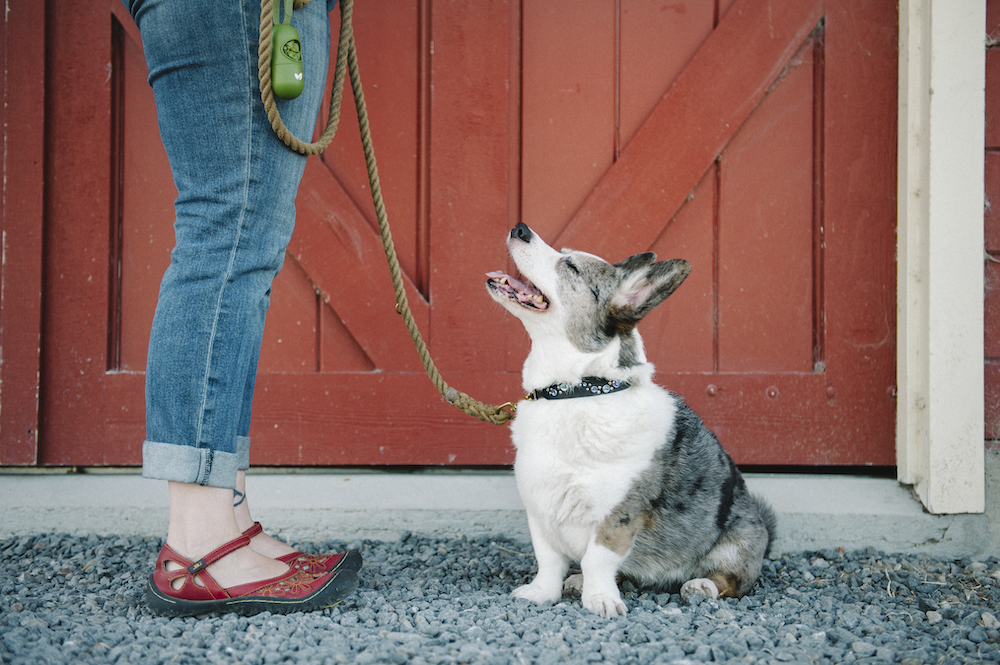
Although dog poop is not the most exciting topic, pet owners should know that there are many things they need to be aware of. According to Dr. Oscar Chavez DVM, “There is a long list of diseases which can be spread from dog to human via fecal/oral routes.” It is important to be careful when handling or picking up dog feces.
As a pet-owner, you may also be interested to learn how to remove those annoying accident marks from your carpets or fabrics. We’ve got all the details on poop right here.
Why dog poop can be dangerous
According to Dr. Chavez, handling dog poop can be dangerous. It’s best to remain vigilant. He said that zoonotic disease is the term used to describe diseases transmitted by animals. The zoonotic illnesses that can be contracted from dog feces are Salmonella Campylobacter Giardia Roundworms or Hookworms.
It’s also important to be as thorough as you can when treating your dog’s stool.
Cleaning Dog Poop
The location of the accident will determine how you clean up. The following methods are safe and approved by experts to clean up dog poop.
When dog poop occurs outdoors: The best scenario is to clean it up outside, however, you still need to be cautious when removing the waste. Dr. Chavez recommends that your dog poops on grass or sand, as it is easier to clean, and there is a lower risk of disease transmission. He said that if the dog poop is on grass or sand, a plastic bag should be used to cover it and trap the feces. The bag can then be turned inside-out, trapping them in. The bag’s open end should be tied together, and thrown away as quickly as possible. There are bags that have extra features to protect you, such as double layers on the side in direct contact with the waste and drawstrings. Be sure to use a new bag that is free of holes and punctures.
If your dog poop is on a surface other than grass or sand (for example, gravel or asphalt), it may be necessary to remove the waste in the same way as described above. You can also wash the surface down with diluted bleach and water, which will kill bacteria and protozoa. Finally, you should scrub the area using a metal bristle brush. In an area that is not easily accessible, such as a street, you can remove the poop. However, it may be unnecessary to use bleach because the bacteria eventually will die without being in contact with people.
When dog poop occurs indoors, Cleaning dog poop from your carpet is a challenge. But it’s not impossible. Bill Masters of Diamond Carpet Care suggests that if you have diarrhea, you should scrape up the most feces you can and let it dry overnight. He says to scrape again the next morning. Then, use a mixture of 2-3 drops of Dawn dish soap and 3 oz. “The next day, scrape up again,” he says. Then use a solution of 2-3 drops of Dawn dish soap, 3 oz. water. “Pour the solution on the stain, and let it sit for 3 minutes. Then place a towel folded over the top to blot as necessary.” It may be necessary to apply the solution again to lift the stain. Then, use a towel dry to blot the affected area.
It is easier to clean solid poop than diarrhea. However, it may still require a little extra effort. Mike Sheridan is a senior technician at Randy’s Carpet Care. He suggests mixing white vinegar with water 50/50 after cleaning the area to neutralize the pH so that the stain does not brown. Another benefit of vinegar: It kills germs!) When the mess has been cleaned, spray the hydrogen peroxide with a nozzle onto the brown bottle. Do not saturate the area (this could cause a stain). Sheridan said that peroxide works well for removing organic stains and also prevents browning.
Dog poop can linger in the fur of your pet.If your dog has a lingering effect in its person after a dog shampoo bath, you should give it s warm water. If you do not have any dog shampoo on hand, a gentle human shampoo such as Johnson & Johnson Baby shampoo will also work. Most bacteria are killed with soap and hot water. Wearing gloves – like dishwashing ones, for instance – is a good precaution.
If your dog is in good health, you can be assured that the risk of his poop harming others or yourself is minimal. According to Dr. Chavez, “Clean, healthy dogs produce stools that are easier and safer to clean.” Dr. Chavez says that the best way to minimize any risks of cleaning your dog’s waste is to ensure he is healthy and eats a diet without contamination.